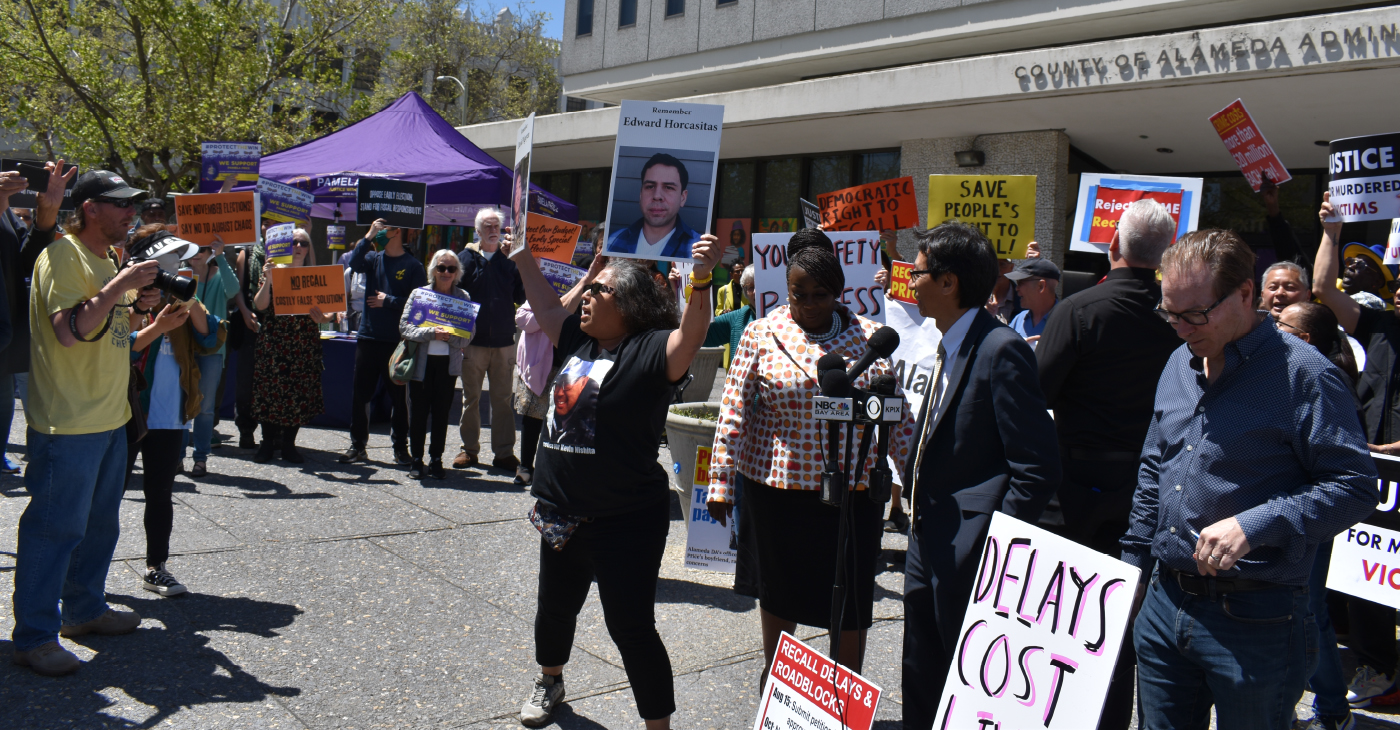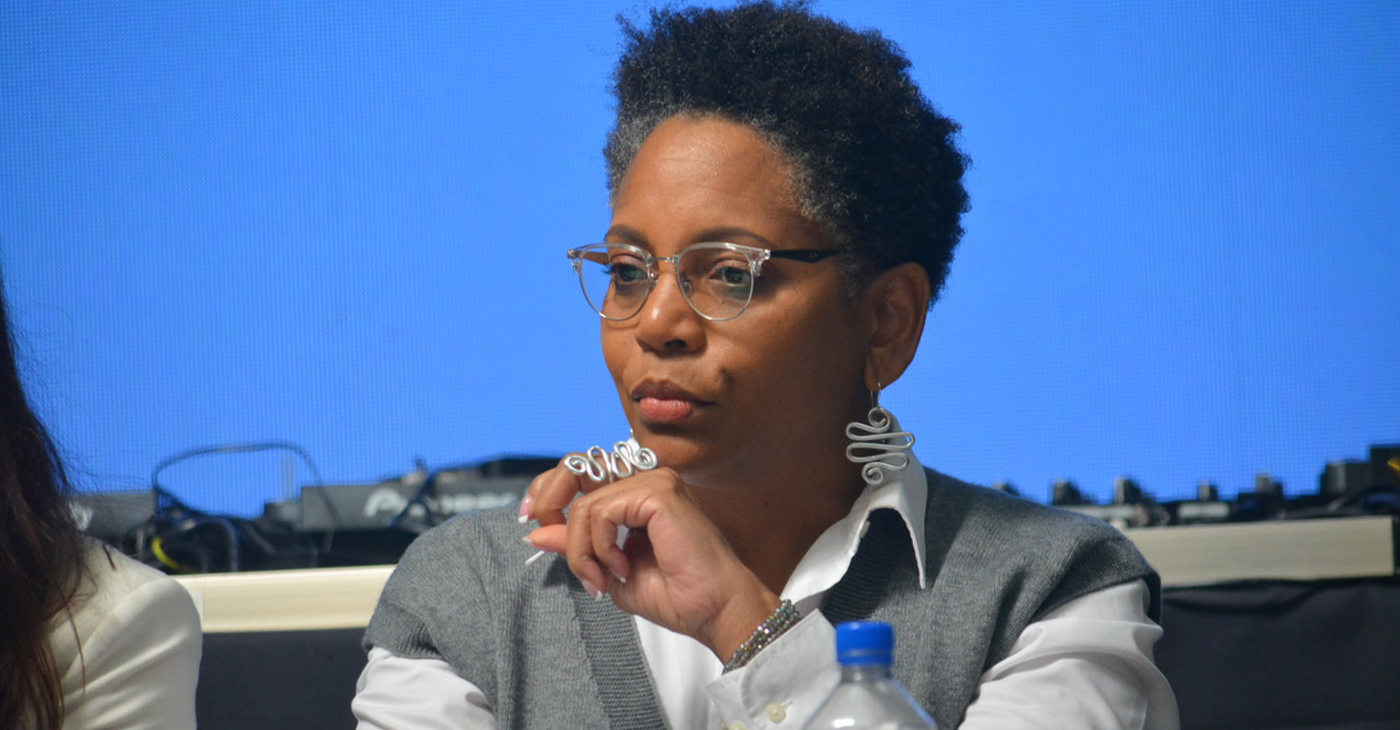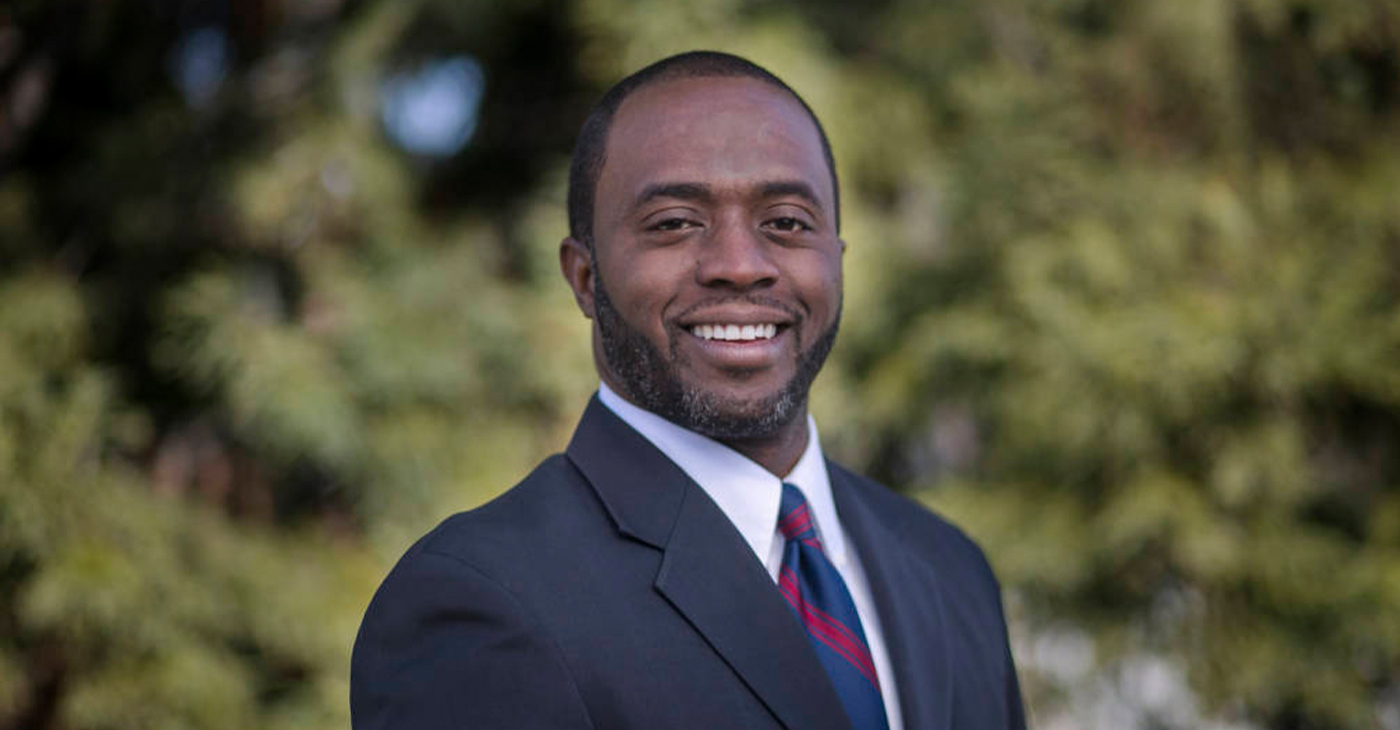Community
New Life for Oakland Henry J. Kaiser Convention Center

The Henry J. Kaiser Convention Center (Auditorium) in downtown Oakland is being brought back to life by nationally renowned developer, Orton Development, Inc. (ODI).
ODI specializes in structuring win-win public private partnerships and has redeveloped a diverse range of properties including factories, offices, warehouses, retail, medical, educational, and live-work spaces.
City of Oakland’s Mayor Libby Schaaf states: ‘The Kaiser Convention Center is the crown jewel of Lake Merritt. The renovation of this historic space will revitalize the immediate area and bring a new, vibrant energy, to the shores of oui’ lake and one of Oakland’s greatest landmarks.”
The Project
The Henry J Kaiser Convention Center, a historic, publicly owned, multi-purpose building, is located at 10 Tenth St. in downtown Oakland. The 215,000-square-foot building is three stories tall with a full basement and includes a 6,000- seat arena, a large theater, a large ballroom and 185 parking spaces. Built in 1914, it closed in 2005. For 14 years, the building has been vacant and remains in deep disrepair.
Rust}’ Jackson, a nationally- known concert promoter said “the Henry J. Kaiser has an outstanding history as a building that hosted African American cultural arts and entertainment. From concerts featuring James Brown, to the Temptations, to the ‘Trat Games” and stage plays in the theater, the Henry J. Kaiser building has hosted events of historical significance in the Black community.”
The Orton Development Team’s plans are to restore the arena foyer and him the arena portion into offices for local arts and non-profit organizations, add a restaurant with outdoor seating on the first floor, and create practice rooms, rehearsal spaces, shops and storage space for artists in the basement.
The Calvin Simmons Theater, (named after the first African American conductor of a major symphony), located on the west side of the building, will have new theater systems, an expanded orchestra pit, revised seating and renovated dressing rooms.
According to Project Manager David Dial the north facade of the building, which includes historic cornices, awnings and signage, will be preserved. The restoration will include new ADA accessible paths of travel at the building entrances, replacement of sidewalks surrounding the building, and loading and drop off zones along 10th street.
ODI Development Team’s vision for the project encompasses the following 6 core values: 1) History’ – honor the building’s illustrious history in fiction and design; 2) Energy – create a hub of activity that spans the building throughout the day; 3) Community’ – invite the public into the building and design space that builds community within it; 4) Arts – accommodate artists as tenants and value the arts throughout the building; 5) Education – provide spaces for people of all ages to learn from experts and one another, 6) Fairness – support uses that all Oakland visitors and residents can enjoy.
According to Arif Khatib, founder and president emeritus of the Multi-Ethnic Sports Hall of Fame, “the Henry J. Kaiser Convention Center has a rich history in Oakland, as the former Oakland Auditorium. This project will position Oakland for additional visibility as a city on the rise. It will enhance Oakland’s arts community’, its past and present performers, and has multiple uses that will make major contributions to the city and its citizens. It will add to Oakland’s reputation as a leader in advancing new and innovative ideas, themes and ventures of great social and cultural impact, and enhance the viability of the Bay Area, as a model region’
Project Benefits
The restoration of the Henry’ J Kaiser Convention Center, which will be renamed, Oakland Civic, creates substantial benefits for the City of Oakland, its residents and visitors. Bringing this premier– concert venue back to life adds another first-class meeting place for major attractions and augments the Fox Theater and the Paramount Theater.
The project will create long-term and short-term employment opportunities for Oakland businesses and residents during the construction and operation phases. Fifty percent of all work will be performed by local. Oak- land-based small businesses, and will include union construction jobs and apprenticeship opportunities for Oakland residents. Commercial events in the Calvin Simmons Theater will provide work for the IATSE Local 107 stagehands. The project will also partner with local education institutions to create sustainable, hands-on training programs within the arts and trades.
The project will contribute $75,000 annually to support local arts organizations’ use of the Calvin Simmons Theater, the Gold Room and the Ballroom.
“The Oakland Civic represents a major opportunity to activate and operationalize the Mayor’s Task Force strategies for cultural preservation, as well as implement the Cultural Equity’ framework in the Cultural Plan” noted Eric Arnold, co-founder of the Community Coalition for Equitable Development and codirector of the Black Arts Movement Business District Community’ Development Corporation, ‘To do that requires some creative and visionary thinking — how can you balance permanent affordability, community inclusion, and economic feasibility, given the financial and logistical constraints? You have to not only apply an equity’ framework, but envision how community benefits can be realized over the duration of a 99-year lease.”
Next Steps
For the Project to move forward, the Oakland City Council must approve the Disposition and Development Agreement and approve the new markets tax credits, which stabilize the project’s funding. The Oakland City Council will hear this matter on July 9, 2009, 3:00 pm. at Oakland City Hall. Oakland residents and others interested in supporting this project are encouraged to inform the Council of their support and to attend the meeting.
Editor’s note: Eddie Dillard, the author of this article, is a supporter of the Orton project. A column written by opponents of the project has been published online at www.postnewsgroup.com
Alameda County
Board of Supervisors Accepts Certification of Signatures, Will Schedule Recall Election May 14
The Alameda Board of Supervisors unanimously accepted the certification of the results of the valid signatures submitted for the recall of District Attorney Pamela Price on Tuesday evening. The Board will set the election date at a special meeting on May 14. Before the meeting, recall proponents and opponents held separate press conferences to plead their cases to the Board and residents of Alameda County.

By Magaly Muñoz
The Alameda Board of Supervisors unanimously accepted the certification of the results of the valid signatures submitted for the recall of District Attorney Pamela Price on Tuesday evening. The Board will set the election date at a special meeting on May 14.
Before the meeting, recall proponents and opponents held separate press conferences to plead their cases to the Board and residents of Alameda County.
Price, who up until this point has made little public comment about the recall, held her press conference in Jack London to announce that the California Fair Political Practices Commission has opened an investigation into the finances of the Save Alameda For Everyone (SAFE) recall campaign.
The political action committee (PAC), Reviving the Bay Area, has been the largest contributor to the SAFE organization and has allegedly donated over half a million dollars to the recall efforts.
“Between September 2023 and November 2023, [Revive the Bay Area] donated approximately $578,000 to SAFE without complying with the laws that govern all political committees in California,” Price said.
Price accused the recall campaigns of using irregular signature-gathering processes, such as paying gatherers per signature, and using misleading information to get people to sign their petitions.
SAFE held their own press conference outside of the Alameda County Administration Building at 1221 Oak St. in Oakland, once again calling for the Board to certify their signatures and set a date for the recall election.
Their press conference turned contentious quickly as Price’s “Protect the Win” supporters attempted to yell over the SAFE staff and volunteers. “Stop scapegoating Price” and “Recall Price” chants went on for several moments at a time during this event.
Families of victims urged the Board to think of their loved ones whose lives are worth much more than the millions of dollars that many opponents of the recall say is too much to spend on a special election.
The Registrar of Voters (ROV) estimates the special election could cost anywhere from $15 to $20 million, an amount that is not in their budget.
The Board was presented with several options on when and how to conduct the recall election. They have to set a date no less than 88 days or more than 125 days after May 14, meaning the date could fall anywhere from late July to September.
But the County charter also states that if a general election takes place within 180 days of their scheduling deadline, the Board could choose to use the November ballot as a way to consolidate the two events.
In the event that Price is recalled, the Supervisors would appoint someone to fill the vacancy, though neither the County nor the California charter specifies how long they would have to pick a replacement.
The appointee would serve as district attorney spot until the next election in 2026. Afterwards, either they, if they run and win, or a newly elected candidate would serve the rest of Price’s six-year term until 2029. Price is unique as the only district attorney wo serves a term of six years.
The Board acknowledged that they knew last fall that this recall would come with its own set of complications when Measure B, which changed the local recall charter to match California’s, was first brought to their consideration.
Supervisors Nate Miley and David Haubert opposed discussing the measure, stating that the public would think that the Board was attempting to influence the recall campaign that had already taken off months prior.
“I think ultimately this feels like it’s going to end up in court, one way or the other, depending on who files what,” Haubert said.
Price’s legal team told the Post that the district attorney intended to consider all legal options should the recall election take place.
Miley stated that while he was in support of the amendment to the charter, he did not think it was right to schedule it for the March ballot as it would ultimately cause confusion for everyone involved.
“It has produced some legal entanglements that I think, potentially, could’ve been avoided,” Miley said.
Antonio Ray Harvey
Working Group: More Entry-Level Homes Could Help Solve Housing Crisis
The Community Housing Working Group hosted a briefing on April 23 at Cafeteria 15L in Sacramento. Discussions focused on how the housing crisis in California affects Black and Brown communities and explored ways to provide low-income families and individuals with affordable housing.

By Antonio Ray Harvey, California Black Media
The Community Housing Working Group hosted a briefing on April 23 at Cafeteria 15L in Sacramento. Discussions focused on how the housing crisis in California affects Black and Brown communities and explored ways to provide low-income families and individuals with affordable housing.
Tia Boatman Patterson, CEO and President of the California Communities Reinvestment Corporation, said “entry-level housing” is not available as it was in the past, adding that affordable units were a major point of entry into homeownership for many families in the Black community.
“My mother bought her first house when I was in junior high. It was an 850-square foot, two-bedroom and one-bathroom house in 1978. That house cost $30,000,” Boatman-Patterson said.
“A woman working part-time at JCPenney was able to afford that house. We don’t build these types of housing now. We do not build entry-level homeownership,” she added.
The Community Housing Working Group is a collection of diverse community organizations from across California working together to address housing challenges in their communities. The organization believes that solving the affordable housing crisis will require creating enough smaller, lower-cost, multi-family homes located near jobs, transit, and good schools.
The briefing included a panel discussion titled, “Exclusionary Zoning: A Look Back and a Path Forward.” Boatman-Patterson participated in that session along with Henry “Hank” Levy, Treasurer-Tax Collector for Alameda County, and Noerena Limón, consultant, Unidos U.S., and Board Member of California Housing Finance Agency.
Boatman-Patterson, a former Associate Director for Housing, Treasury and Commerce in the Office of Management and Budget for the Biden Administration, started her presentation by highlighting how exclusionary single-family zoning is contributing to continued segregation of California communities.
She said that single-family zoning originated in the Bay Area city of Berkeley in 1916.
“By creating single-family zoning and having fenced-off communities, you were able to exclude the ‘others,’” Boatman-Patterson said. “It really was a method to exclude — what they called ‘economic segregation’ — but that was a guise for racial segregation. Single-family zoning, along with redlining, became a systemic approach to exclude based on affordability.”
Title VIII of the federal Civil Rights Act of 1968 — commonly known as the Fair Housing Act of 1968 – is the U.S. federal legislation that protects individuals and families from discrimination in the sale, rental, and financing of housing. It was passed to open the doors to affordable housing.
In 1968, 65.9% of White families were homeowners, a rate that was 25% higher than the 41.1% of Black families that owned their homes, according to National Low-Income Housing Coalition. Today, those figures have hardly changed in the Black community, although White homeownership has increased five percentage points to 71.1%.
Boatman Patterson said the rate has not changed in Black and Brown communities because financing for affordable entry-level homes is almost nonexistent. The homeownership disparities contribute to the disturbing racial wealth gap in the nation, according to the National Low-Income Housing Coalition’s October 2018 report.
“We really must align the financing with the actual building of units, which we haven’t necessarily done. Because of this misalignment, I think we continue to see problems,” Boatman-Patterson said.
California Black Media
State Ed Chief Tony Thurmond Pushes Bill to Train Educators
State Superintendent of Public Instruction (SSPI) Tony Thurmond is advocating for comprehensive training for teachers in reading and math, emphasizing the urgent need to improve student academic outcomes across California. On April 24, during testimony in the Senate Education Committee, Thurmond backed Senate Bill (SB)1115, which aims to provide evidence-backed educator training. The committee passed the bill with a 7-0 vote.

By California Black Media
State Superintendent of Public Instruction (SSPI) Tony Thurmond is advocating for comprehensive training for teachers in reading and math, emphasizing the urgent need to improve student academic outcomes across California.
On April 24, during testimony in the Senate Education Committee, Thurmond backed Senate Bill (SB)1115, which aims to provide evidence-backed educator training. The committee passed the bill with a 7-0 vote.
Thurmond pointed out to the committee that existing funding for educator training in literacy and math only covers about one-third of California’s educator workforce. SB 1115, Thurmond said, would fund the remaining two-thirds.
“This is an issue of moral clarity,” according to Thurmond. “In the fifth-largest economy in the world, and in an age when we have access to substantial brain science about how students learn, it should be unacceptable to train only some educators in the best strategies to teach essential skills.”
SB 1115 incorporates multiple research-backed methods, including phonics, and it aligns with the California ELA/ELD Framework, which encourages biliteracy and multilingualism.
Thurmond emphasized the moral imperative behind the push for enhanced training by noting that 70% of incarcerated adults struggle with reading or are illiterate.
“Every child should feel supported as they learn to read and every teacher should feel confident in their ability to support students’ foundational literacy,” Thurmond said. “SB 1115 is about ensuring that all children have the opportunity to read by third grade, and that all children have a shot at the life-changing outcomes that come from early literacy.”
The next step for SB 1115 is a hearing in the Senate Appropriations Committee on May 6.
-

 Community2 weeks ago
Community2 weeks agoFinancial Assistance Bill for Descendants of Enslaved Persons to Help Them Purchase, Own, or Maintain a Home
-

 Activism4 weeks ago
Activism4 weeks agoOakland Post: Week of April 3 – 6, 2024
-

 Business3 weeks ago
Business3 weeks agoV.P. Kamala Harris: Americans With Criminal Records Will Soon Be Eligible for SBA Loans
-

 Activism3 weeks ago
Activism3 weeks agoOakland Post: Week of April 10 – 16, 2024
-

 Community3 weeks ago
Community3 weeks agoAG Bonta Says Oakland School Leaders Should Comply with State Laws to Avoid ‘Disparate Harm’ When Closing or Merging Schools
-

 Community2 weeks ago
Community2 weeks agoOakland WNBA Player to be Inducted Into Hall of Fame
-

 Community2 weeks ago
Community2 weeks agoRichmond Nonprofit Helps Ex-Felons Get Back on Their Feet
-

 Community2 weeks ago
Community2 weeks agoRPAL to Rename Technology Center for Retired Police Captain Arthur Lee Johnson











































